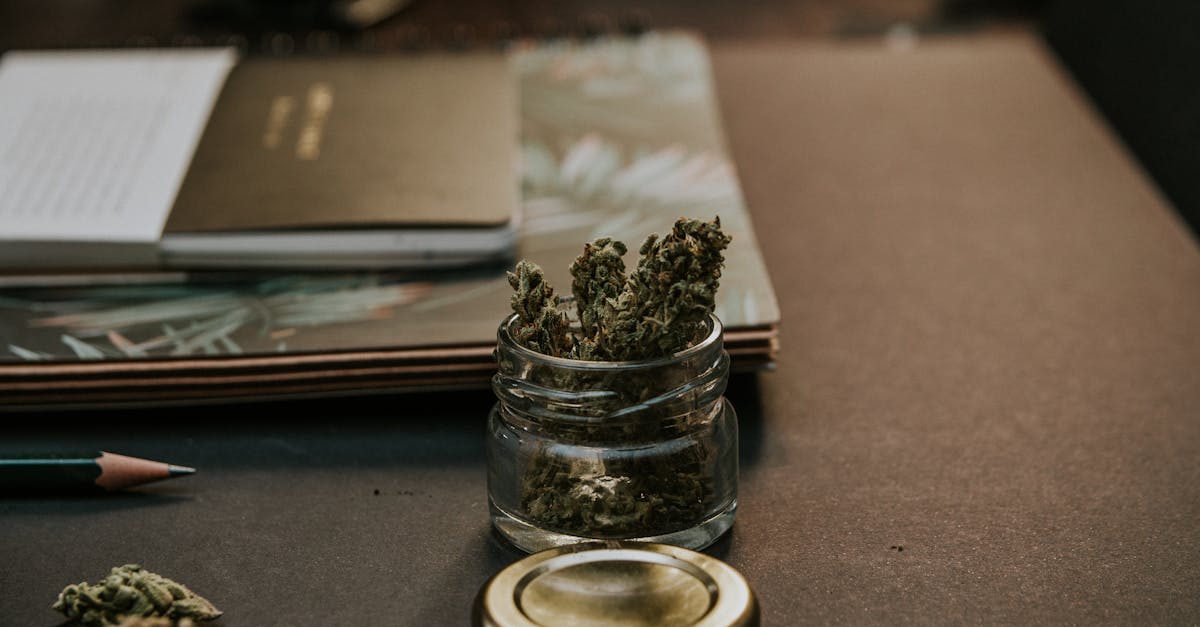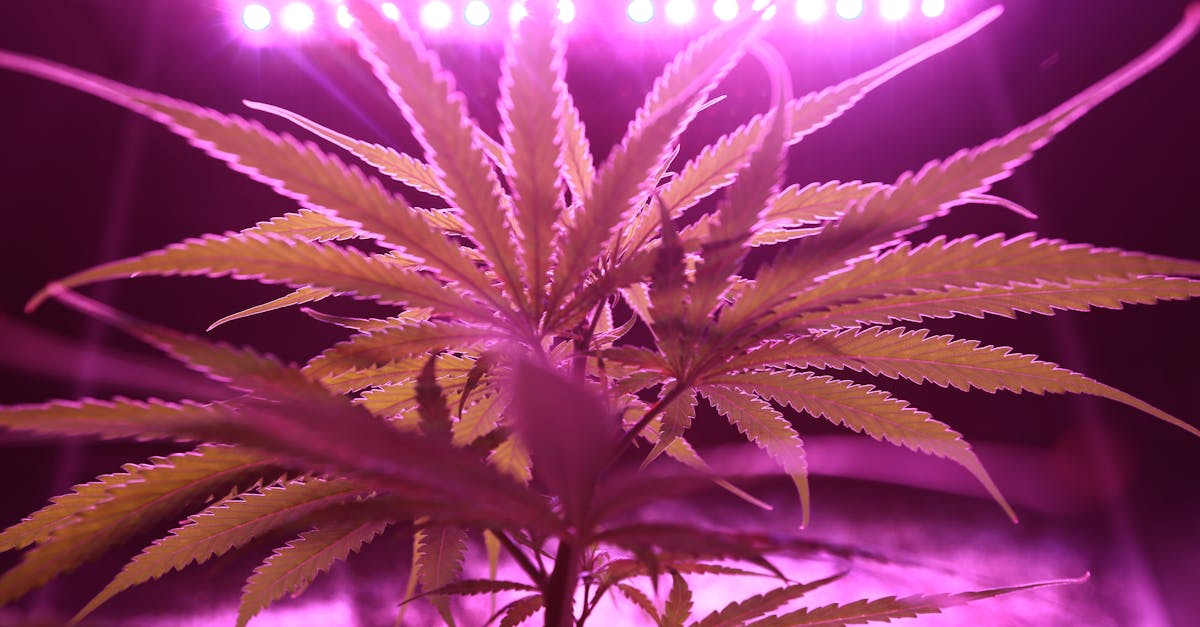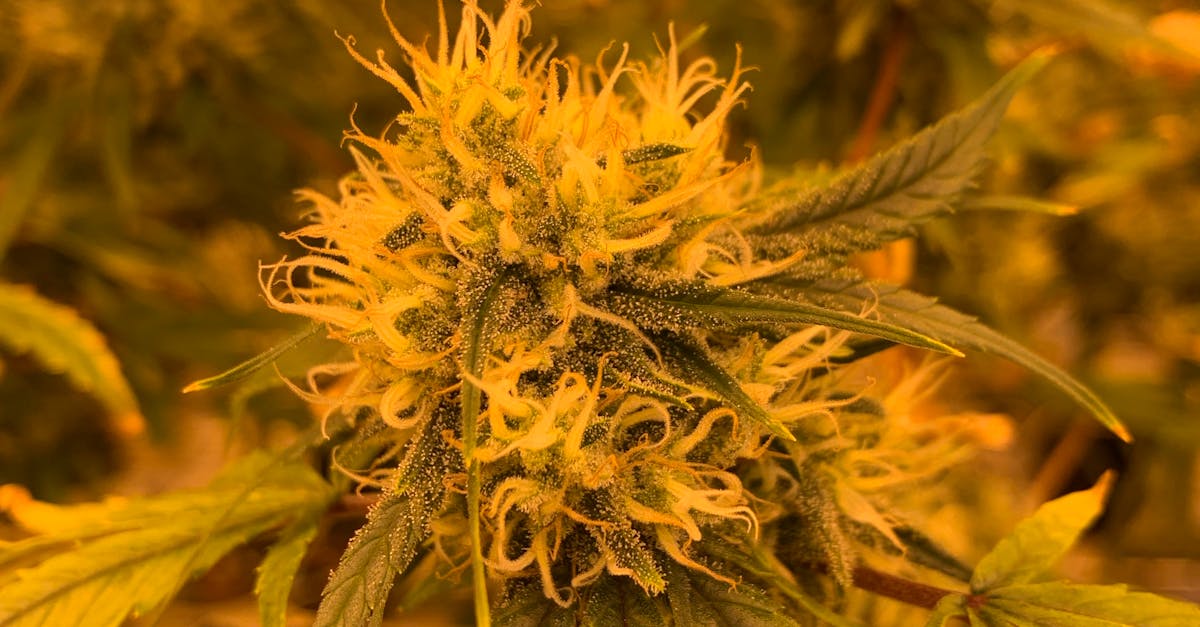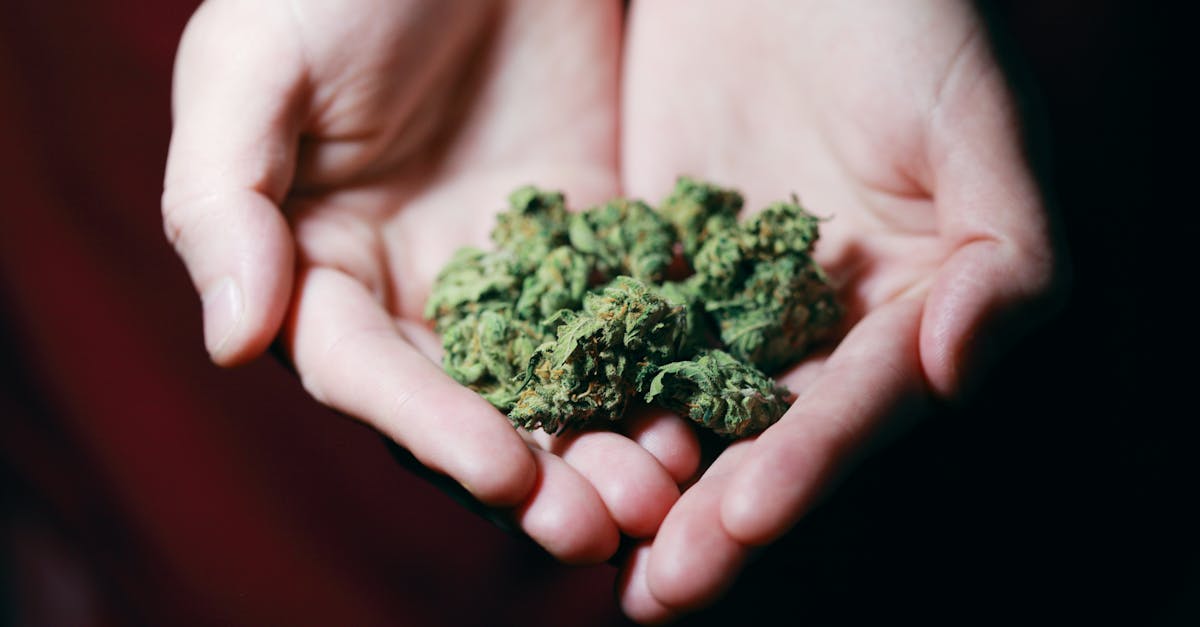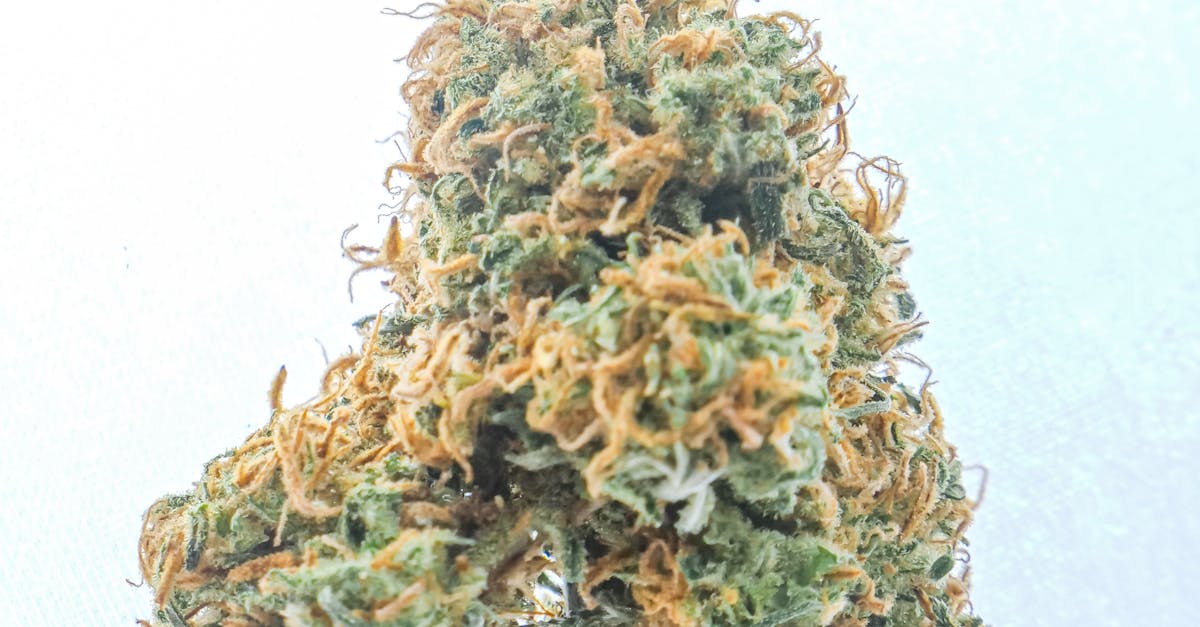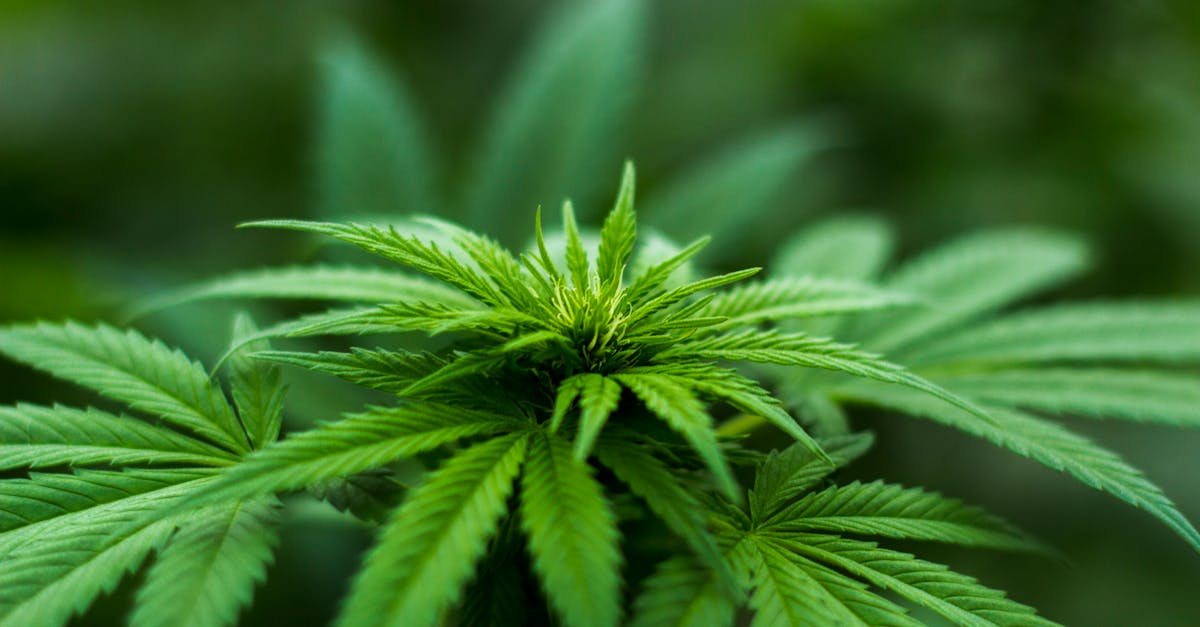
Cannabis Concentrates
Table Of Contents
At Сommercial Marijuana Realty, we offer a wide selection of high-quality and potent cannabis concentrates for our customers. Our range of cannabis concentrates includes shatter, wax, live resin, distillates, and more, allowing our customers to choose the product that best suits their needs and preferences. We ensure that all our concentrates are made using premium cannabis flower and are processed using advanced extraction methods to maintain their purity and potency. Whether you are looking for a strong THC or CBD concentrate for medical or recreational use, our knowledgeable staff can help you find the perfect product. Visit us today to explore our selection of cannabis concentrates and experience the best that the industry has to offer.
Comparative Analysis of CBD and THC Concentrations
As cannabis consumers become more knowledgeable about different products, understanding the differences between CBD and THC concentrations in cannabis concentrates is crucial. CBD, or cannabidiol, is a non-psychoactive compound known for its potential therapeutic benefits, such as reducing anxiety and inflammation. In comparison, THC, or tetrahydrocannabinol, is the psychoactive compound in cannabis responsible for producing the "high" effect. Analyzing the CBD and THC concentrations in various cannabis extracts can help consumers choose products that align with their desired effects.
The ratio of CBD to THC in cannabis concentrates varies and can impact the overall potency and effects of the product. For some consumers, a higher CBD concentration might be preferred for its potential therapeutic effects without inducing a strong psychoactive high. Conversely, others may seek higher THC concentrations for a more intense euphoric experience. Understanding the cannabinoid ratios in different cannabis concentrates allows consumers to make informed decisions based on personal preferences and desired outcomes.
Cannabinoid Ratios
Cannabinoid ratios refer to the specific proportions of cannabinoids present in cannabis concentrates, such as THC and CBD. These ratios play a crucial role in determining the effects of the concentrate on the consumer. For instance, products with higher THC content are more likely to induce psychoactive effects, while those with a higher CBD content tend to have more therapeutic properties. Understanding cannabinoid ratios is essential for consumers to make informed decisions about the type of experience they seek from the product.
When considering cannabinoid ratios, it is important to understand how different strains and extraction methods can affect the final product. The process of extracting cannabinoids from the plant material can impact the overall ratio, influencing the potency and effects of the concentrate. Moreover, factors such as the strain's genetics, cultivation practices, and post-harvest processing can also contribute to the final cannabinoid composition. Therefore, consumers should carefully evaluate the cannabinoid ratios of cannabis concentrates to ensure they align with their desired experience and potential medicinal benefits.
Legal Regulations Surrounding Cannabis Extracts
When it comes to the legal landscape surrounding cannabis extracts, Canada has established clear regulations to govern the production, sale, and consumption of these products. Under the Cannabis Act, individuals and businesses must adhere to strict guidelines to ensure compliance with federal law. This legislation outlines specific requirements for obtaining licenses to manufacture, distribute, and sell cannabis concentrates, emphasizing the importance of quality control and safety measures throughout the production process.
Furthermore, it is essential for those involved in the cannabis industry to be aware of provincial regulations that may vary across different regions in Canada. Provinces have the authority to implement additional rules and restrictions to ensure the responsible use of cannabis concentrates within their jurisdictions. By staying informed and up-to-date on these legal requirements, stakeholders in the cannabis sector can navigate the complex regulatory environment effectively and contribute to the growth and sustainability of the industry.
Federal Law Compliance
Federal law compliance is a crucial aspect of the production and sale of cannabis extracts in Canada. Under the Cannabis Act, which regulates the cultivation, production, and distribution of cannabis products, it is mandatory for businesses to adhere to strict guidelines regarding the extraction and sale of cannabis concentrates. Failure to comply with these regulations may result in severe consequences for businesses operating within the cannabis industry, including fines, license revocation, and potential criminal charges.
One of the primary focuses of federal law compliance with regards to cannabis extracts is the requirement for producers to obtain a license from Health Canada. This license is necessary to legally produce, possess, and sell cannabis products, including concentrates, ensuring that all operations are conducted in a safe and regulated manner. Additionally, licensed producers must adhere to strict quality control measures, including regular testing and reporting of cannabinoid concentrations, to guarantee that consumers are receiving safe and accurately labeled products. By following these regulations, businesses can ensure that they are operating within the confines of the law and providing consumers with high-quality, compliant cannabis extracts.
Health Impacts of Chronic Cannabis Use
Chronic cannabis use can lead to a range of health impacts, with cognitive impairment standing out as a significant risk. Research indicates that prolonged use of cannabis can affect memory, attention span, and decision-making abilities. Particularly concerning is the impact on adolescent brains, where ongoing cannabis use can interfere with normal brain development, potentially leading to long-term cognitive deficits. Moreover, chronic cannabis consumption may exacerbate existing mental health conditions, such as anxiety or depression, and even precipitate psychotic episodes in susceptible individuals. It is crucial for users to be aware of these potential consequences and make informed choices regarding their cannabis consumption habits.
In addition to cognitive impacts, chronic cannabis use can also lead to physical dependence and addiction. Regular consumption of cannabis can lead to the development of tolerance, where users require higher doses to achieve the desired effects. This tolerance can escalate to dependence, where individuals may experience withdrawal symptoms when attempting to reduce or cease cannabis consumption. Furthermore, chronic cannabis use has been associated with respiratory issues, similar to those of tobacco smokers, as inhaling cannabis smoke can irritate the lungs and lead to respiratory problems. Understanding the health risks associated with chronic cannabis use is paramount for users to make educated decisions about their consumption habits and overall well-being.
Cognitive Impairment Risks
Individuals who engage in chronic cannabis use, particularly at a young age, may be susceptible to cognitive impairment risks. Research suggests that prolonged exposure to high concentrations of THC, the psychoactive compound in cannabis, can impact cognitive functions such as memory, attention span, and decision-making abilities. It is important for consumers to be mindful of the potential consequences of long-term cannabis use, especially when it comes to cognitive functions.
Moreover, excessive consumption of cannabis concentrates with high levels of THC has been linked to heightened risks of developing mental health issues such as paranoia and anxiety. Studies indicate that individuals who regularly consume potent cannabis products may experience increased levels of anxiety and paranoia due to the intense psychoactive effects of THC. It is crucial for consumers to be aware of these potential risks and to practice harm reduction strategies when using cannabis concentrates to mitigate the likelihood of adverse mental health effects.
FAQS
What are cannabis concentrates?
Cannabis concentrates are potent extracts of cannabinoids, such as THC and CBD, derived from the cannabis plant. They come in various forms like oils, waxes, shatter, and budder.
How do CBD and THC concentrations in cannabis concentrates differ?
CBD (cannabidiol) is known for its therapeutic properties and doesn’t produce a high, while THC (tetrahydrocannabinol) is the psychoactive compound responsible for the euphoric effects of cannabis. Concentrates can have varying levels of both cannabinoids.
What are cannabinoid ratios in cannabis concentrates?
Cannabinoid ratios refer to the proportion of CBD to THC in a concentrate. Different ratios can produce varying effects, such as a balanced ratio for a combination of therapeutic benefits and psychoactive effects.
What legal regulations surround cannabis extracts in Canada?
In Canada, cannabis concentrates are subject to regulations under the Cannabis Act. It is important to follow the legal guidelines regarding production, distribution, and consumption of these products.
How do federal laws in Canada regulate cannabis concentrates?
Federal laws in Canada dictate the legal age for purchasing and consuming cannabis concentrates, restrictions on public consumption, and guidelines for labeling and packaging to ensure consumer safety and compliance.

